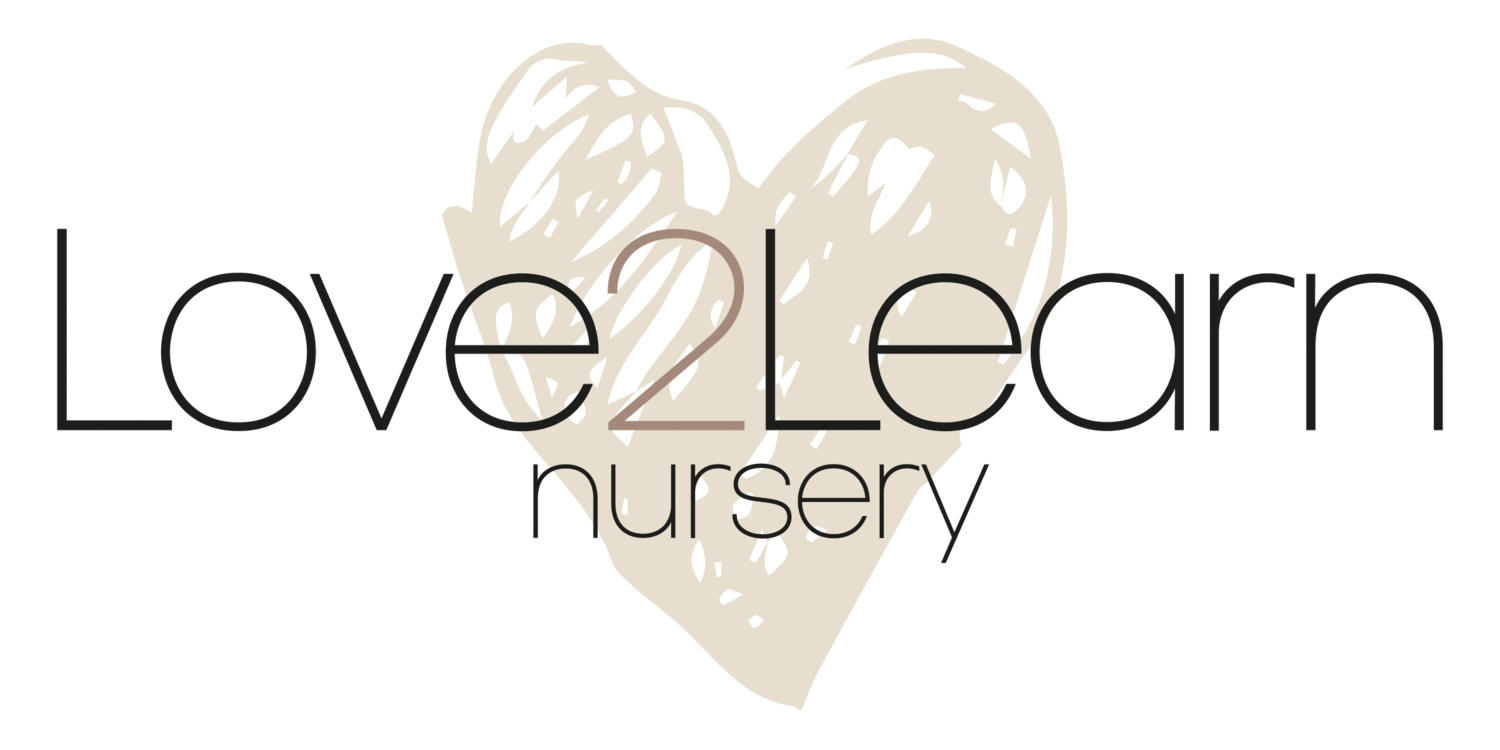100 Languages Of Children
100 Languages Of Children
Have you ever heard the statement, 'The 100 languages of a child'?
The concept was created when Loris Malaguzzi wrote an inspiring poem.
‘The child is made of one hundred’
The child has a hundred languages, a hundred hands, a hundred thoughts, a hundred ways of thinking, of playing, of speaking.
A hundred always, a hundred ways of listening, of marvelling, of loving, a hundred joys for singing and understanding, a hundred worlds to discover, a hundred worlds to invent,
a hundred worlds to dream.
The child has a hundred languages and a hundred, hundred, hundred more, but they steal ninety-nine.
The school and the culture separate the head from the body.
They tell the child: to think without hands, to do without head, to listen and not to speak, to understand without joy, to love and to marvel only at Easter and Christmas.
They tell the child: to discover the world already there and of the hundred they steal ninety-nine.
They tell the child: that work and play, reality and fantasy, science and imagination, sky and earth, reason and dream are things that do not belong together.
And thus they tell the child that the hundred is not there.
The child says: No way. The hundred is there." - Loris Malaguzzi
So what does this actually mean and why does is resonate with educators all over the world?
A poem evokes thoughts and feelings, memories from the past and desires for the future.
This poem in particular doesn't just resonate with the way in which we work with children, but the idea of who children actually are.
The metaphor for '100' represents the potential that each child holds.
Their drive for learning and knowledge, it is so much more than communication, it’s how they show us things, sharing their understanding and ideas with us in ways we wouldn't dream of as adults.
A hundred possibilities, connected to even more possibilities, shape the children we care for, creating their uniqueness and individuality. This is why we believe learning and development should be tailored to each unique child, and to appeal to their individual treasure of 100.
This is not to be confused with children needing 100 languages, or 100 different materials. It's not the quantity that counts, it’s the quality and variety of experiences and opportunities.
To support each child to naturally find their way, and their unique 100 languages.
For children everything is fresh and a new experience, they have no preconceived opinion like most adults.
Children become engrossed whilst exploring and discovering the world around them, using all of their senses, body and mind, a truly holistic approach, which supports emotional, cognitive and social development.
We support a child's needs, answering their questions and offering many more.
Playing and learning are connected, as a child plays, they naturally learn.
When a child reaches school age, they learn in a more structured way, which is what Loris is referring to in the latter part of his poem.
There is no report, no tracker or tick list. Just 100 possibilities for the children of the world.




